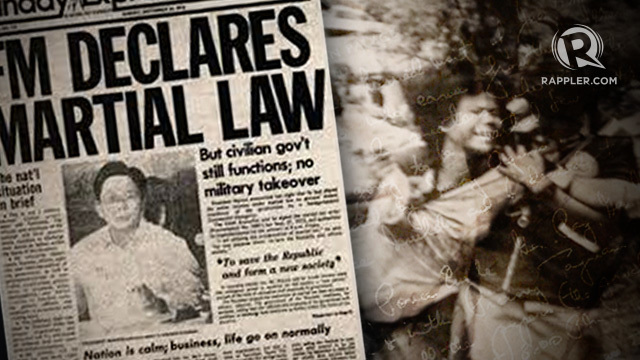

Hazardous Materials Law means any local, state or federal law relating to environmental conditions and industrial hygiene, including, without limitation, the Resource Conservation and Recovery Act of 1976 ("RCRA"), the Comprehensive Environmental Response, Compensation and Liability Act of 1980 ("CERCLA"), as amended by the Superfund Amendments and Reauthorization Act of 1986 ("SARA"), the Hazardous Materials Transportation Act, the Federal Waste Pollution Control Act, the Clean Air Act, the Clean Water Act, the Toxic Substances Control Act, the Safe Drinking Water Act, and all similar federal, state and local environmental statutes, ordinances and the regulations, orders, or decrees now or hereafter promulgated thereunder.Ĭriminal laws means all criminal laws designated as such under domestic law irrespective of whether contained in the tax laws, the criminal code or other statutes. Martial law in the southernmost provinces allows detention for a maximum of seven days without charge and without court or government agency approval. Martial law does not automatically suspend the privilege of the writ of habeas corpus or the operation of the Constitution. Martial law was again declared, with Ershad as Chief Martial Law Administrator (in October 1982 Ershad changed his title to Prime Minister), aided by a military Council of Advisers.


Martial law was declared in the town and was extended to the end of January 2012, but voting on election day went ahead. In case of necessity defined by law, Martial law shall be declared by a decree promulgated with the approval of the Supreme Council on the basis of a proposal made by the President of the Union with the consent of the Council of Ministers of the Union. Nor is it a question what rule a military commander, at the head of his army, can impose on states in rebellion to cripple their resources and quell the insurrection Martial law cannot arisefrom a threatened invasion. Included in the definition: armed rebellion, revolution, sedition, insurrection, Coup d' Etat, the consequences of Martial law. Martial law shall be similarly lifted by decree issued with the approval of the Supreme Council when the need, for which it was imposed, no longer exists. Martial law shall be canceled if Parliament does not approve the presidential edict for declaration (extension) of martial law within 48 hours after it has convened. Martial law may be proclaimed only when a state of national defence involving another country exists or when civil war prevails in Namibia: provided that any proclamation of martial law shall cease to be valid if it is not approved within a reasonable time by a resolution passed by a two-thirds majority of all the members of the National Assembly.


 0 kommentar(er)
0 kommentar(er)
